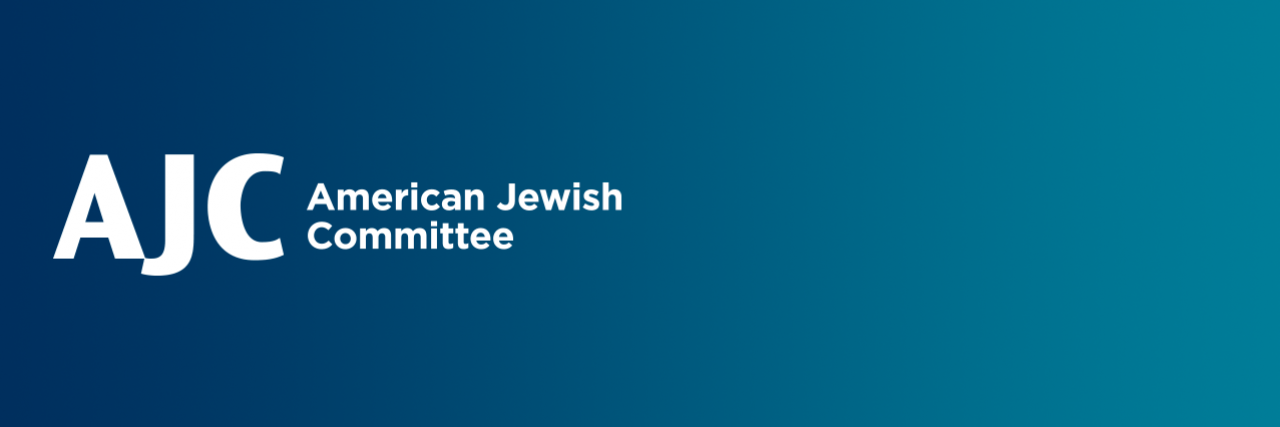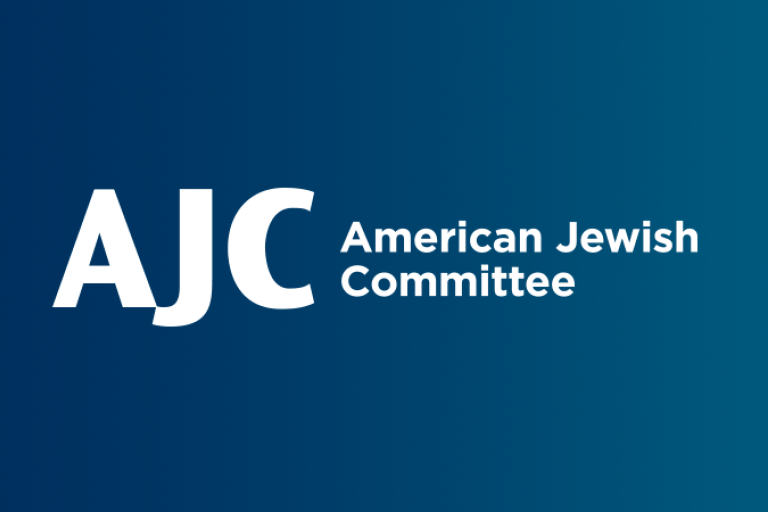April 27, 2021 — New York
An updated, expanded edition of Translate Hate, American Jewish Committee’s (AJC’s) widely-used glossary of common antisemitic terms and tropes, was released today and is now available at AJC.org/TranslateHateGlossary. Release of the edition comes on the second anniversary of the fatal attack on the Chabad of Poway, California.
Translate Hate is an innovative digital resource aimed at enabling Americans of all backgrounds to recognize and expose antisemitic language and images. It also recommends actions to take against hate speech. Since it was first issued in November 2019, the publication has been downloaded tens of thousands of times and shared by AJC staff experts with key political and civic leaders, including Members of Congress and American law enforcement agencies.
“Given the proliferation of antisemitism online and offline, including the introduction of new terms and tropes during the pandemic, Translate Hate is increasingly recognized as an essential tool,” said Holly Huffnagle, AJC’s U.S. Director for Combating Antisemitism.
Presented in the form of an illustrated glossary, the 2021 edition of Translate Hate lays out more than 40 terms and expressions that are examples of antisemitism, explains the antisemitic nature of certain words or phrases when used in specific contexts, and provides brief histories of their harmful usage. It offers tools and information for reporting hate speech, whether it is encountered online or in everyday settings.
The need for Translate Hate was reinforced by AJC’s groundbreaking 2020 State of Antisemitism in America report, which revealed a stunning lack of awareness among U.S. adults about antisemitism. While 53% of U.S. adults said they are familiar with the term antisemitism and know what it means, nearly half are not, with 21% saying they have never heard the word and 25% saying that, while they have heard it, they are unsure what it means.
“To effectively educate Americans about the many forms and sources of antisemitism and mobilize them to take action requires recognition that this hatred is a societal problem, not only a concern for Jews,” said Huffnagle.
Law enforcement agencies already are using Translate Hate as a vital resource to help identify incidents of antisemitism. During a January meeting with AJC staff experts, FBI officials requested copies of the publication for distribution to agents in order to enhance their understanding of antisemitism. In February, AJC and the National Association of Attorneys General (NAAG) announced a partnership to combat antisemitism in the United States, and AJC staff presented Translate Hate in a virtual training session for NAAG members.
Individuals are encouraged to use the hashtag #TranslateHate when speaking out against usage of any of the terms in the Translate Hate glossary.

